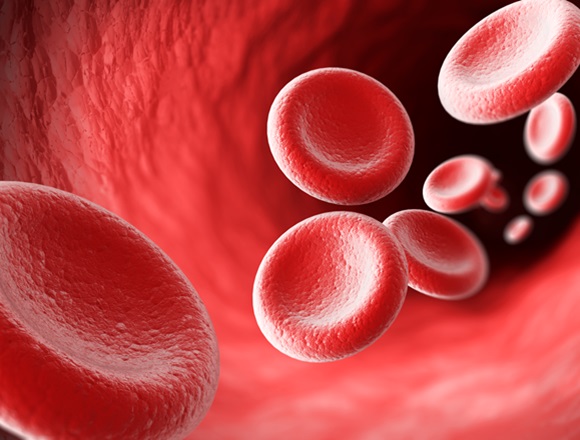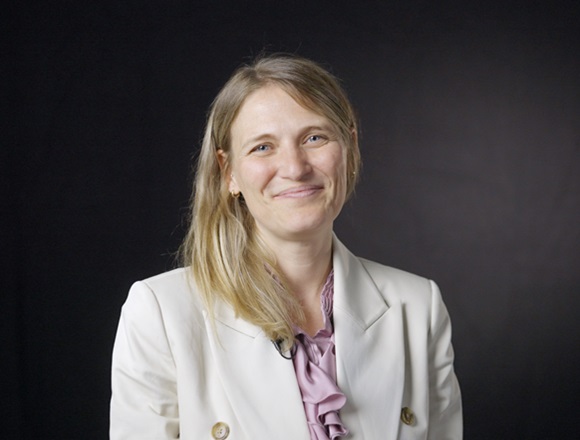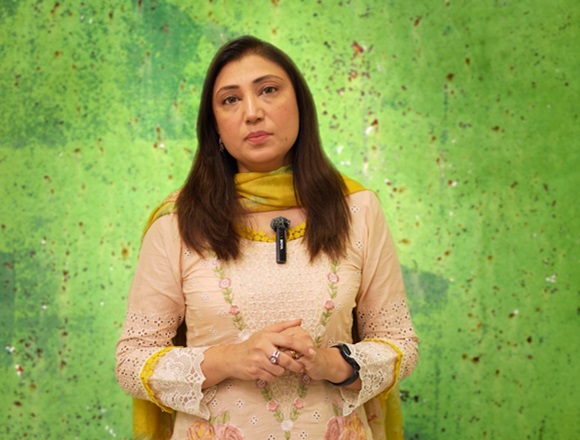Azim Gangji, MD, MSc, is an associate professor of medicine at McMaster University, Canada, and the Vice-President of Education at St. Joseph’s Healthcare Hamilton. He is involved in multiple areas in education as the chair of medical subspecialties programs, prior Program Director of Nephrology, and present AFC Director in Transplantation.
What is your concept of competency-based medical education (CBME)?
Azim Gangji, MD, MSc: CBME has a different focus than the traditional system. The focus is more on outcome-based education, as opposed to a fixed time–based training period. The idea over here with CBME is that the competencies have to be achieved and they are focused on attainment of specific knowledge, skills, attitude, and behaviors, ultimately to become a better physician at the end.
There are different aspects of CBME, and one of the most important ones is the fact that it is more learner focused, as opposed to a traditionally education system–focused [approach]. In this way the learner, for example, can design the system, identify the areas for improvement that they require, and work with the program and approach the deficiencies that they need to become a better physician.
There are [other] aspects of CBME, for example, you need to develop the right competencies, and that’s written by the accreditation body. And you have an assessment method. You need to ensure that the learner is engaged and is aware. You should make sure that there’s a component of coaching that’s involved. So, the staff are no longer acting like supervisors but they’re actually acting like coaches. And again, the emphasis is on individualized learning.
At the end, CBME, I think, is a much better system, much more learner focused. And I think hopefully we will aim at achieving a better level of medical care.
 English
English
 Español
Español
 українська
українська









